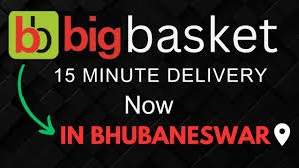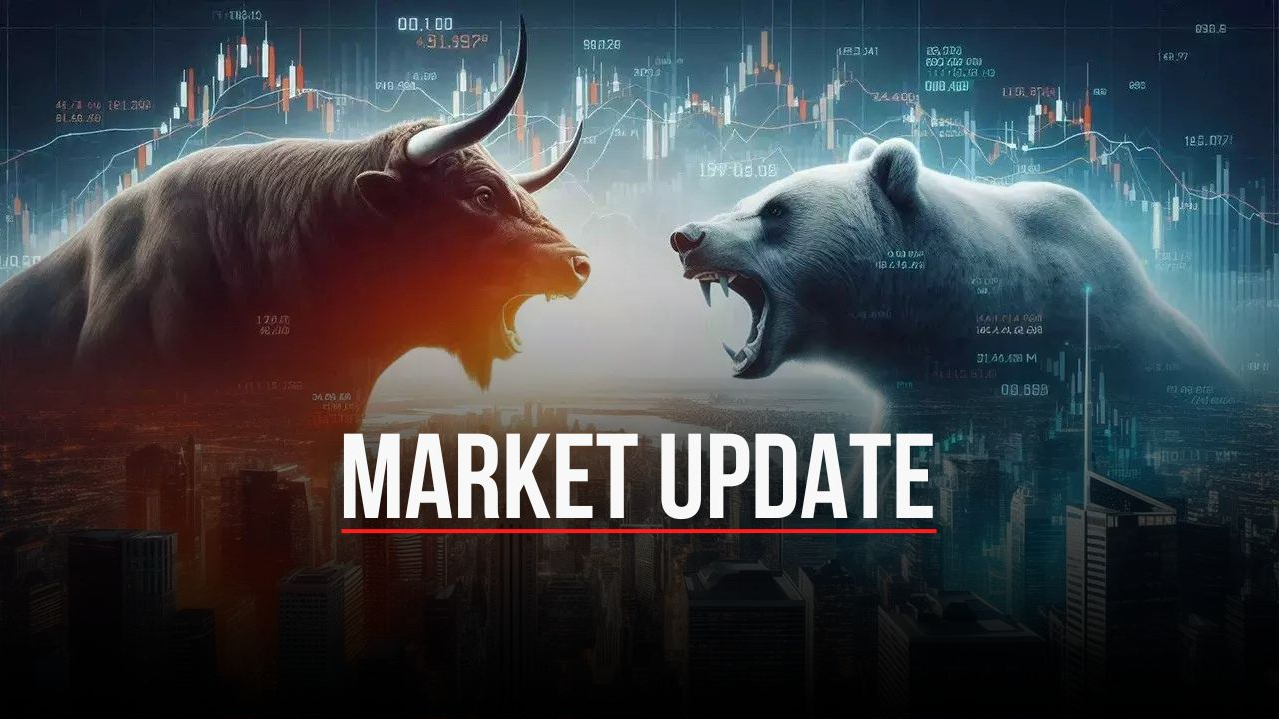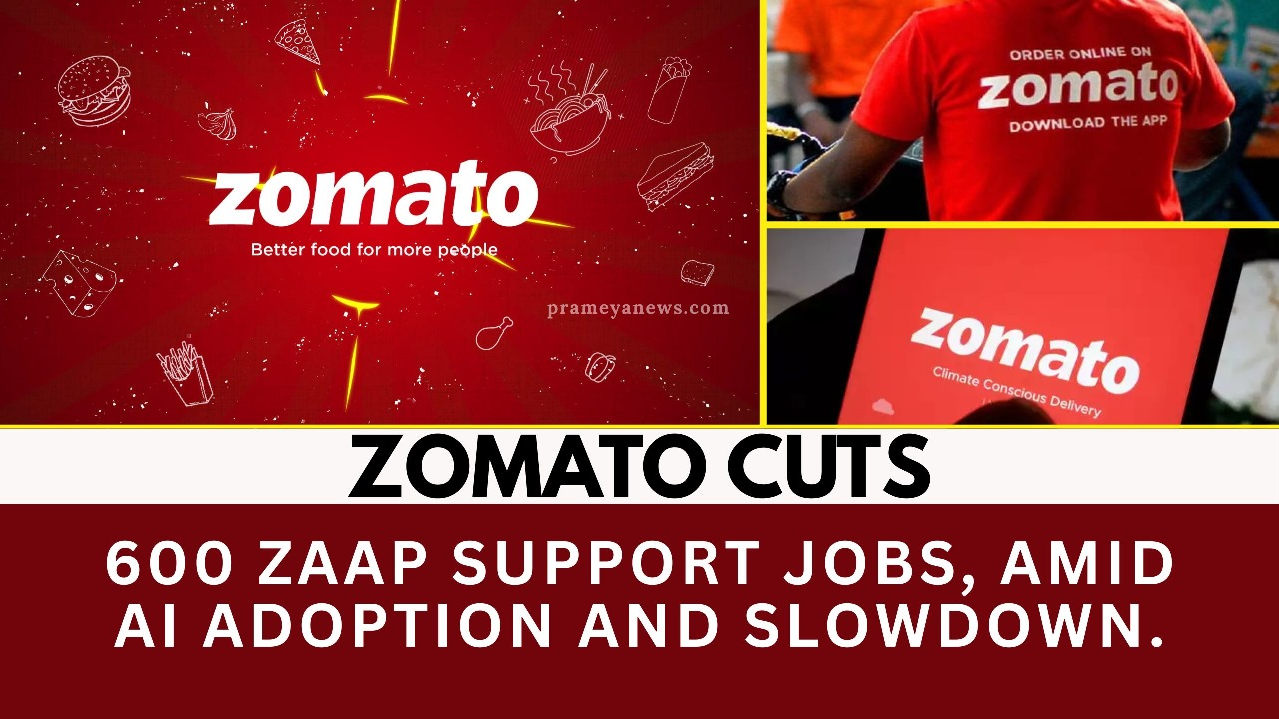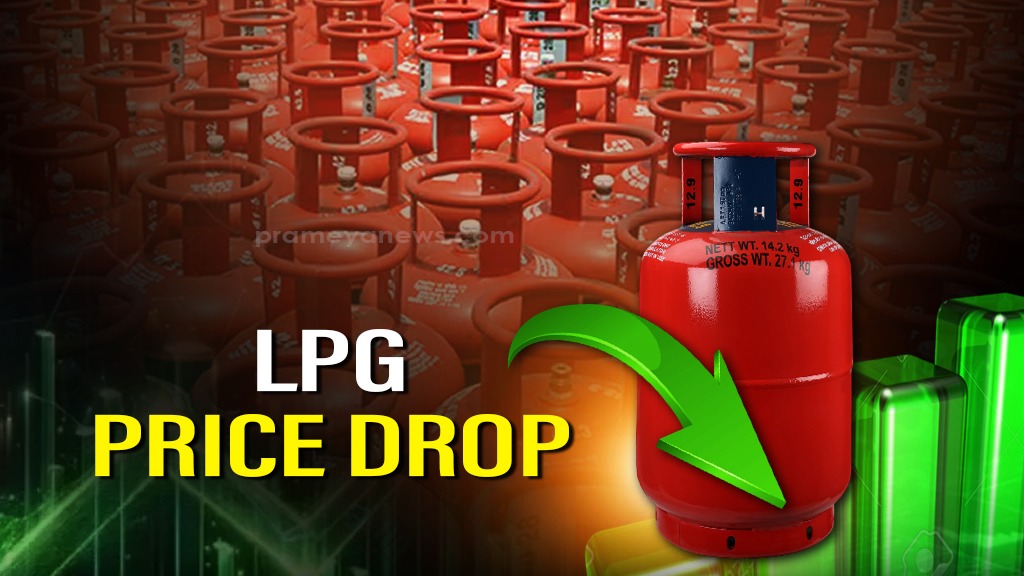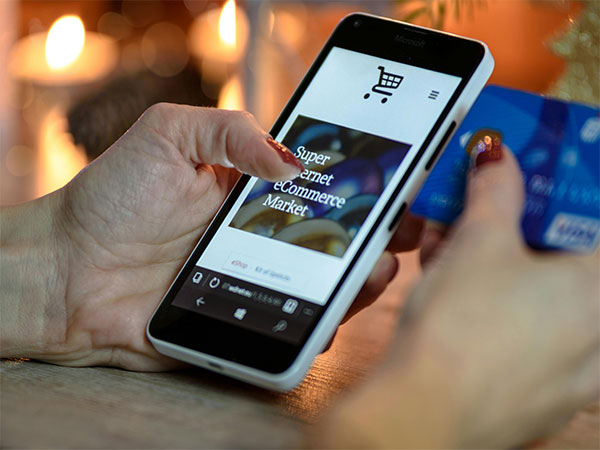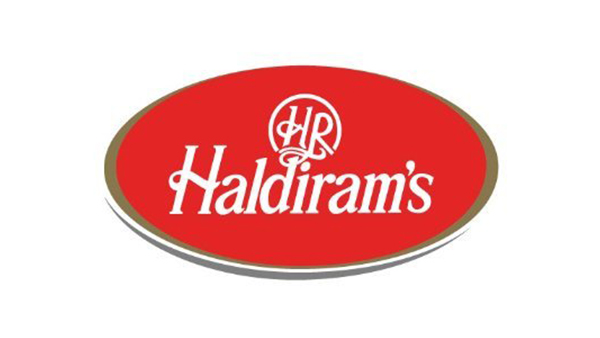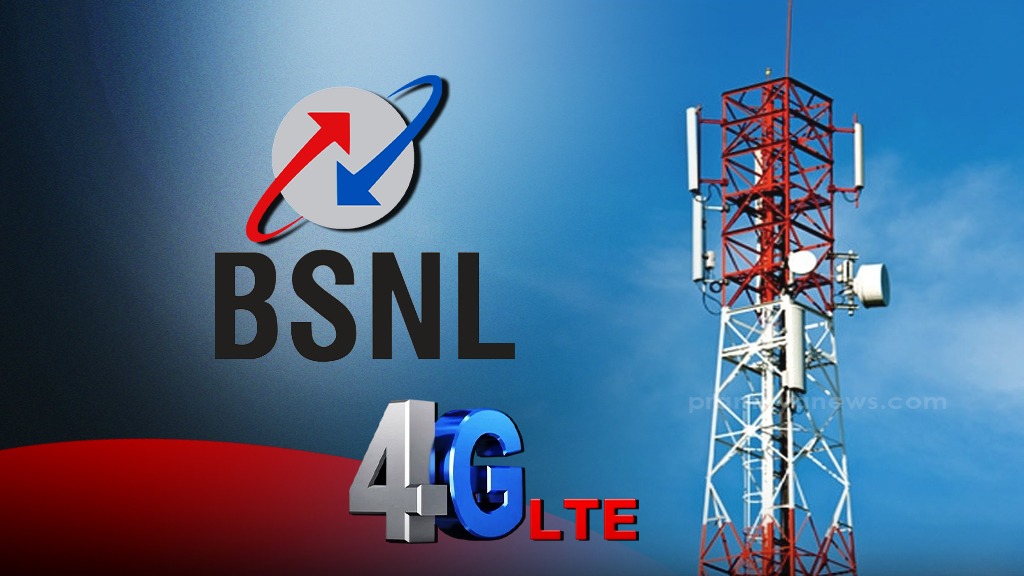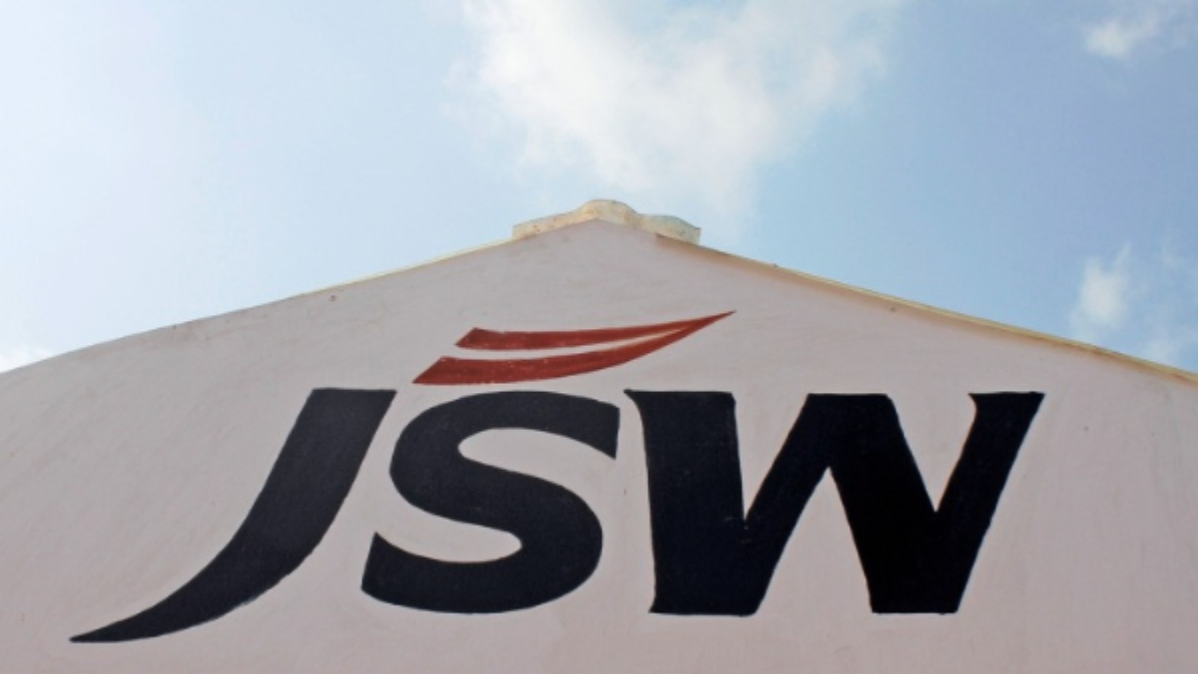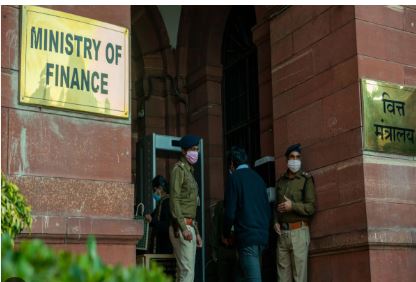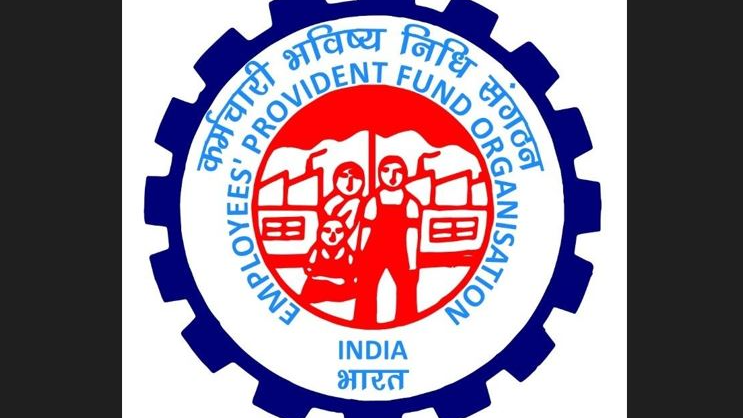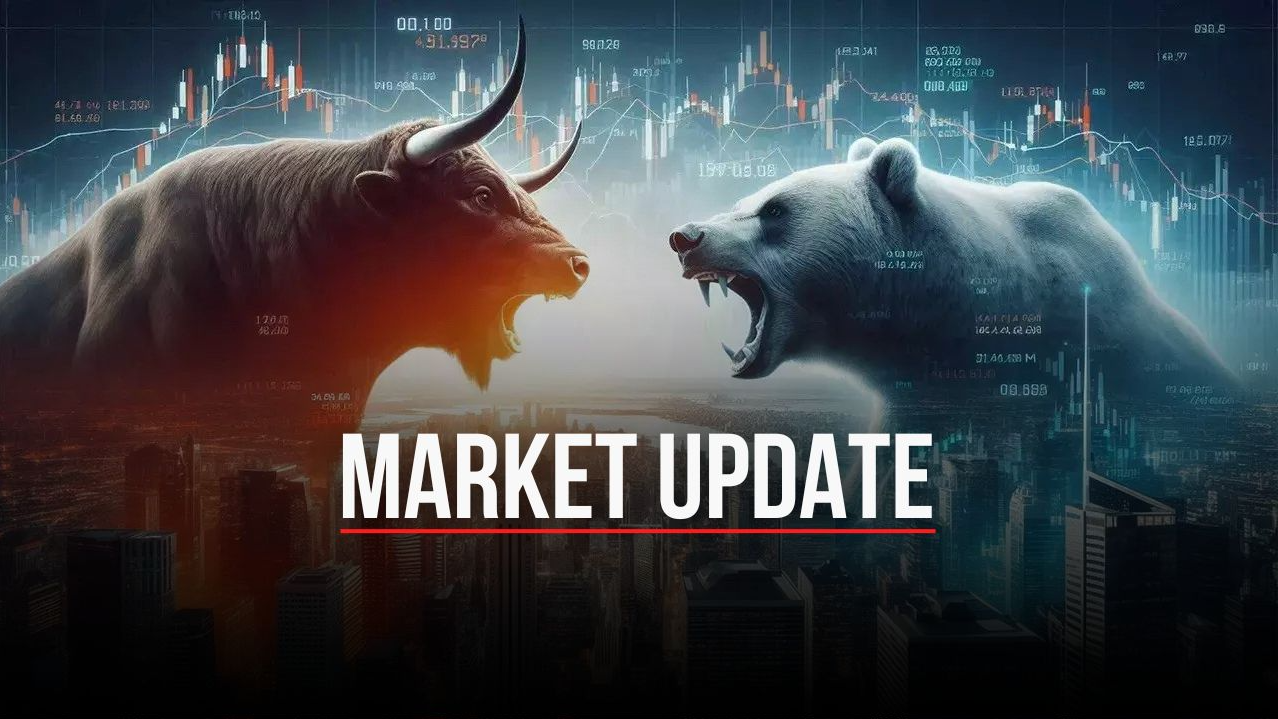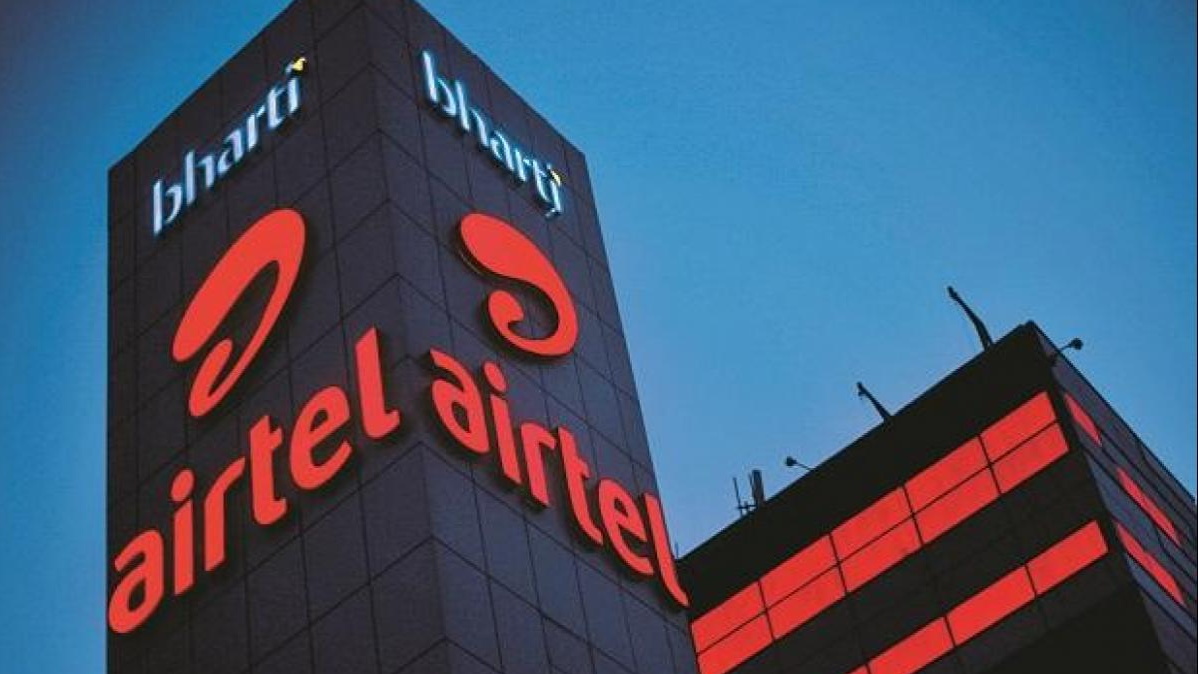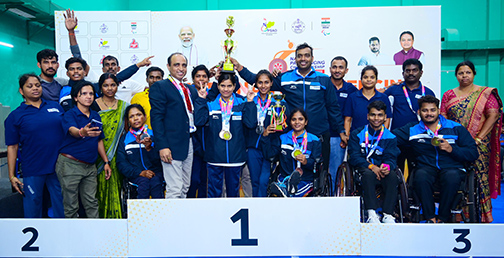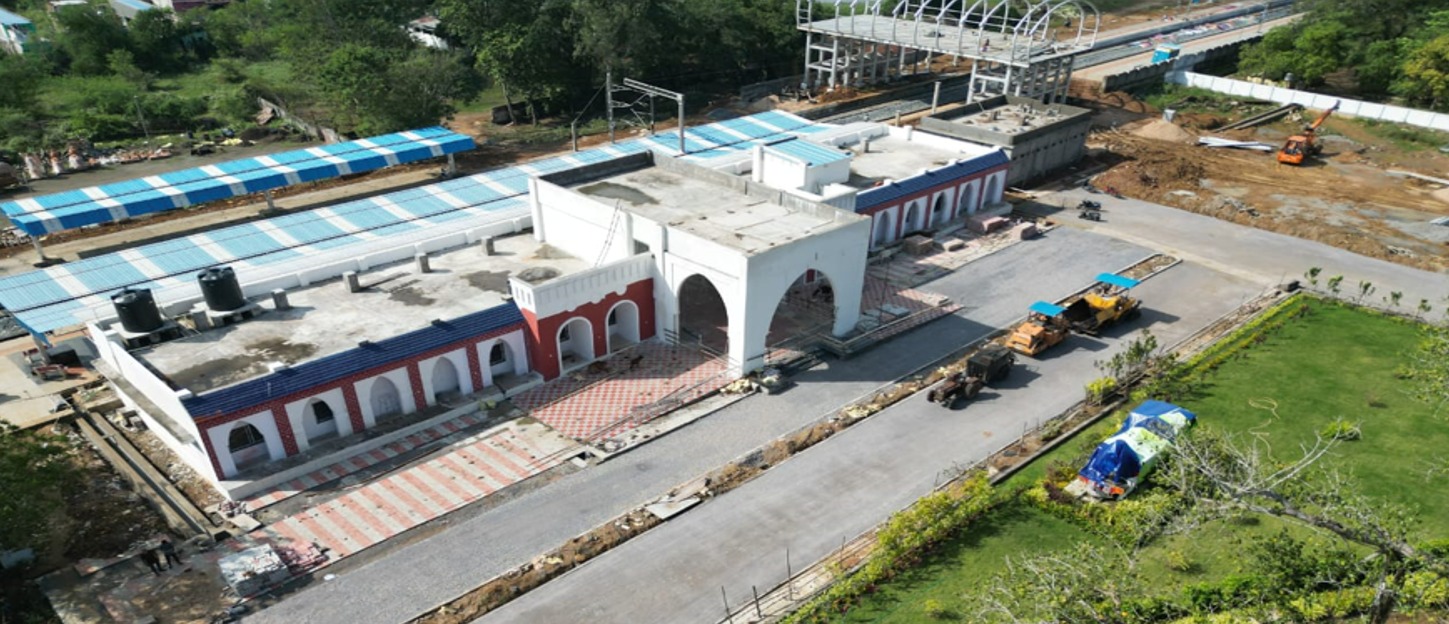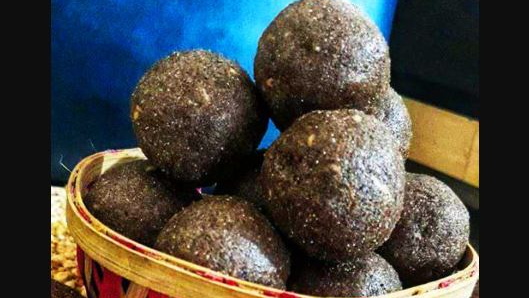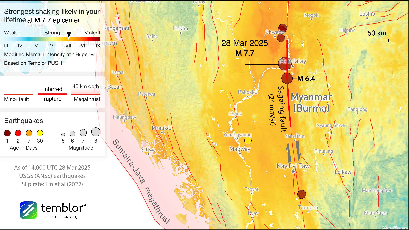BigBasket's Farm-to-Fork: The Secret Weapon in the Quick Commerce Battle?
While the quick commerce sector has undeniably shaken up the grocery delivery landscape, leaving even established players like BigBasket playing catch-up, one of BigBasket's founders believes they hold a significant long-term advantage: their farm-to-fork supply chain. K Ganesh, the former promoter and founder director, suggests this inherent strength will ultimately allow BigBasket to outmaneuver rivals like Swiggy, Zepto, Blinkit, and Instamart. His insights arrive as BigBasket prepares for a potential IPO within the next two years, aiming to double its business annually until March 2026. This sets the stage for a fascinating showdown on the stock market against quick commerce competitors like Zomato's Blinkit, Swiggy's Instamart, and the IPO-bound Zepto.
A Surprise Disruption:
Ganesh acknowledges the surprising speed and scale at which quick commerce has transformed consumer behavior over the past two years, even catching major players like BigBasket off guard. He admits that neither BigBasket nor its peers anticipated such rapid adoption of 10-minute grocery delivery, which is happening in Odisha. This shift has disrupted BigBasket's traditional model of slotted and same-day deliveries, a challenge also faced by other e-commerce giants in sectors like fashion.
Despite this disruption, Ganesh believes quick commerce is here to stay. It's worth noting that the Tata Group currently holds a 66% stake in BigBasket, and Ganesh is no longer on the company's board. In 2022, BigBasket raised $200 million from Tata Digital, valuing the company at $3.2 billion. Interestingly, recent statements from CEO Hari Menon indicate that approximately 80% of BigBasket's current revenue now originates from its quick commerce operations.
The Farm-to-Fork Advantage
Ganesh emphasizes BigBasket's distinct advantage: its well-established farm-to-fork supply chain. This network connects them directly with 60,000 farmers, and crucially, over 40% of their sales come from private label products, where BigBasket has complete control over the entire backend process.
He argues that this deep integration provides BigBasket with "unique, unbeatable strengths" in the grocery sector. Their established supply chain infrastructure, coupled with the inventory potential offered by other Tata Group companies like Starbucks and Croma, positions them strongly. Ganesh highlights that BigBasket's core strength lies in its direct relationships with farmers and its comprehensive understanding and control of the supply chain. This farm-to-fork strategy allows BigBasket to maintain tight control over quality and costs, a benefit not typically enjoyed by quick commerce competitors who largely rely on dark stores.
Looking ahead, BigBasket is also venturing into the quick food delivery service, aiming to launch in 2025 to compete with players like Swiggy's Bolt, Zepto Café, and Blinkit's Bistro. Additionally, they plan to leverage Tata 1mg to begin offering medicine deliveries. These expansions come as quick commerce companies explore new sectors to boost their average order values and improve overall profitability.
Long-Term Strength vs. Short-Term Speed
The core message here is that while BigBasket has been somewhat slow to fully embrace the quick commerce revolution and currently holds a smaller market share, its fundamental strength lies in its established and controlled farm-to-fork supply chain. This provides a significant edge in terms of quality control and cost management, which could prove decisive in the long run as the quick commerce landscape evolves. It's a classic case of prioritizing sustainable, integrated operations over the immediate appeal of ultra-fast delivery.







